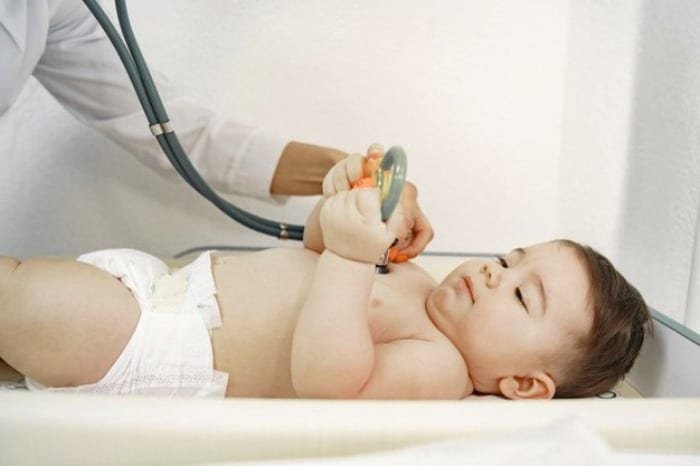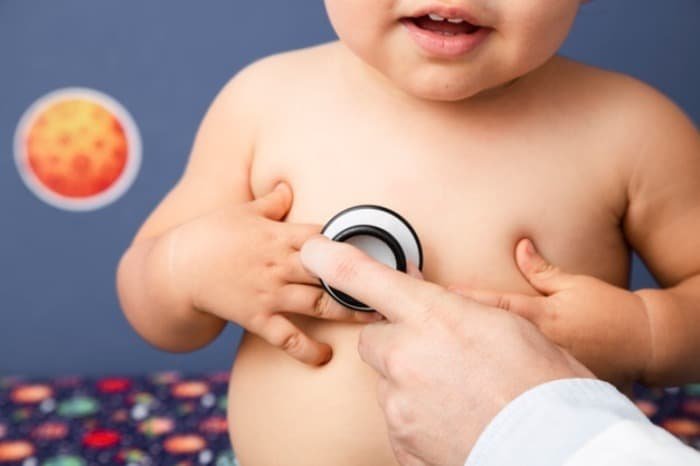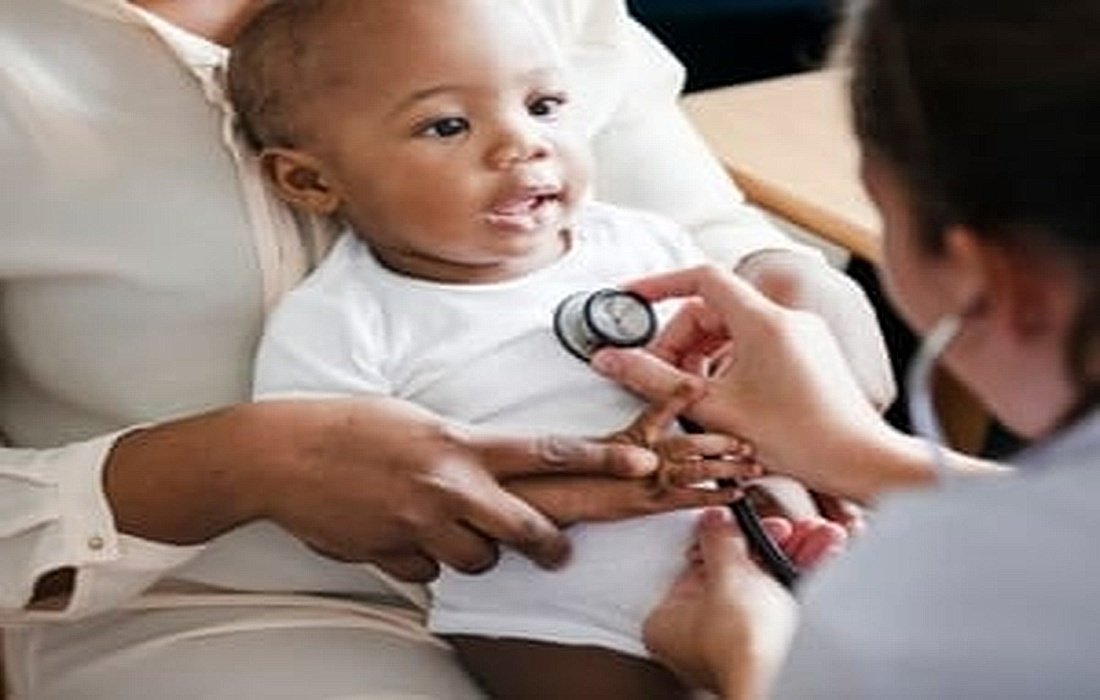What You Should Know AboutHeart Ratein Your Infant and Child
Parents should be aware of their child’s heart rate, as accurately identifying any increase or decrease in their pulse helps them seek timely treatment during illnesses. Knowing normal heart rate levels and how to check a child’s pulse can also prevent unnecessary worries. To learn more about normal heart rate ranges and common causes of increases or decreases in heart rates among children, follow this section ofSelMagzJoin us.

Normal Heart Rate Ranges in Infants and Children
The normal heart rate for adults is about 60 to 100 beats per minute. Typically, children have a higher heart rate. The resting pulse rate is measured when a person is not exercising and is at rest. A child’s resting pulse is measured based on their age while they are awake and at rest, not during physical activities, play, or crying. During crying or physical activity, children’s heart rates are usually higher than normal.

Normal Heart Rate Resting Heart Rate
| Age | Normal Heart Rate | Resting Heart Rate |
|
0 to 3 Months |
107 to 181 beats per minute |
143 beats per minute |
|
3 to 6 Months |
104 to 175 beats per minute |
140 beats per minute |
|
6 to 9 Months |
98 to 168 beats per minute |
134 beats per minute |
|
9 to 12 Months |
93 to 163 beats per minute |
128 beats per minute |
|
12 to 18 Months |
88 to 156 beats per minute |
116 beats per minute |
|
18 to 24 Months |
82 to 149 beats per minute |
116 beats per minute |
|
2 to 3 Years |
76 to 142 beats per minute |
110 beats per minute |
|
3 to 4 Years |
70 to 136 beats per minute |
104 beats per minute |
|
4 to 6 Years |
65 to 131 beats per minute |
98 beats per minute |
|
6 to 8 Years |
59 to 123 beats per minute |
91 beats per minute |
|
8 to 12 Years |
52 to 115 beats per minute |
84 beats per minute |
|
12 to 15 Years |
47 to 108 beats per minute |
78 beats per minute |
|
15 to 18 Years |
43 to 104 beats per minute |
73 beats per minute |

How to Measure Your Infant’s and Child’s Pulse
Pulse count shows the number of beats per minute, so by measuring the pulse, you can find out the heart rate. To check a child’s pulse, place your index finger on areas where arteries are located, such as the wrist (radial artery), inside the elbow (brachial artery), on the neck (carotid artery), or on the thigh (femoral artery). Count the number of beats you feel for 60 seconds, or you can check for 30 seconds and multiply the result by 2. Checking the pulse or heart rate in some infants or children can be challenging.Reasons for Elevated Heart RateElevated heart rate is known as tachycardia. If the pulse or heart rate in children is slower than normal, it is referred to as bradycardia. Children’s heart rates in some types of bradycardia can drop below 50 beats per minute.

Causes of Increased and Decreased Heart Rate in Infants and Children:
Cardiac disorders

Heart, infectious, or metabolic diseases
- Fever and dehydration (if a child has a high fever and an elevated heart rate, they should be treated for the fever)
- through hydration and medications like
- acetaminophento return their heart rate to normal.AnemiaHyperthyroidismCertain medication side effects may also affect a child’s resting heart rate. For example, stimulant medications for attention deficit or
- hyperactivity disorder (ADHD), and decongestants (like
- antihistamines

) can increase heart rates in children.Sometimes the reason for tachycardia in children is the consumption ofcoffee, energy drinks, orcarbonated soft drinks.
If your child’s heart rate is higher or lower than normal, you should take the following actions:If your child is experiencing tachycardia or bradycardia with associated symptoms such as fatigue (syncope),dizzinessor severe irritability, they should see a doctor immediately.The doctor will also check your child’s blood pressure

and take an ECG to evaluate their heart’s rhythm or electrical activity. In some cases, your child may be referred to a pediatric cardiologist.
Infant Heart RateChild and Infant Heart RateInfant Heart Rate
Normal Heart Rate in InfantsChild Heart RateMeasuring Infant Heart Rate







